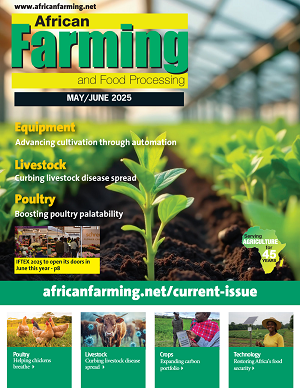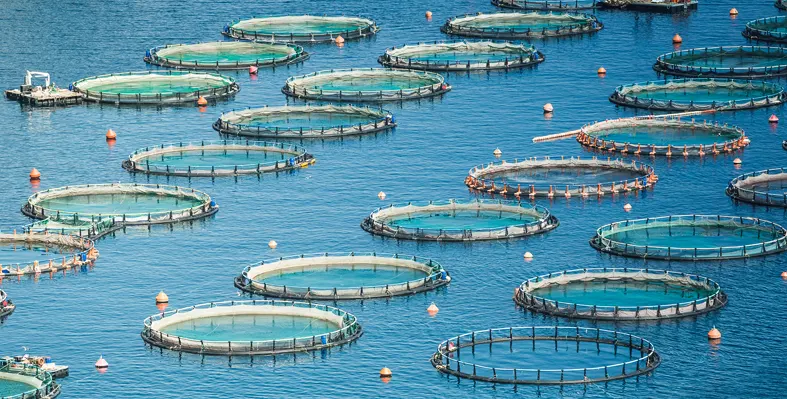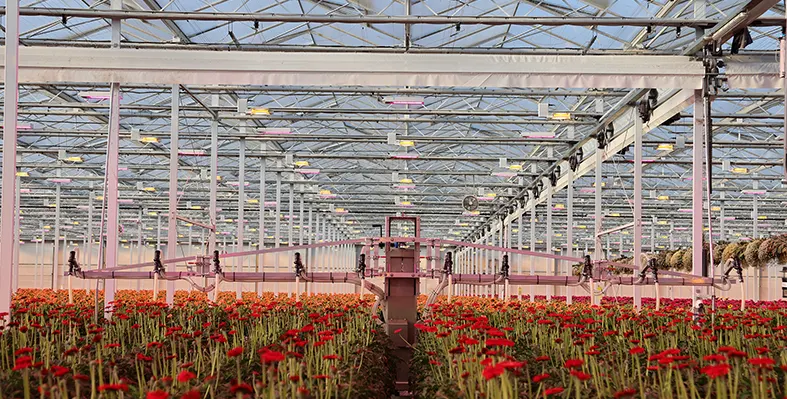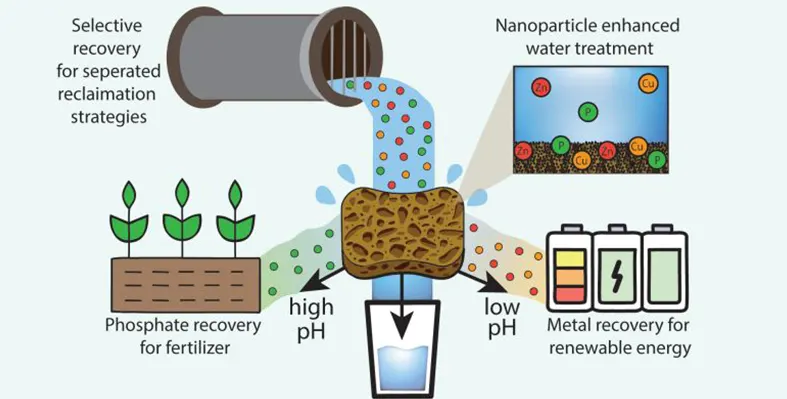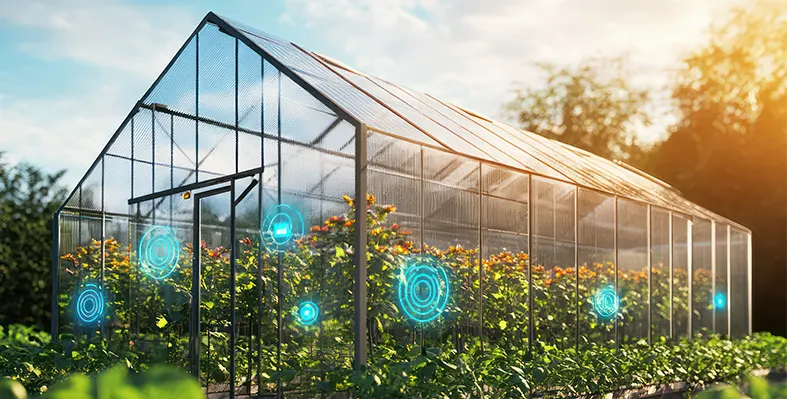The Agri-EPI Centre has announced the winners of the agri-tech hackathon, which focused on the horticulture and livestock/veterinary sectors
The winning team in the horticulture sector is Orcharbot with its concept of a solar-powered, zero-emission crop scouting and weeding robot featuring six technological innovations for weed identification and organic removal, fruit surveying and harvesting. The team members came from the University of West England, Bristol Robotics Laboratory and Antobot.
This section of the hackathon was judged by Rob Wilkinson of Grimme; Ali Capper of the NFU; David Telford of the Knowledge Transfer Network and Adam Spate of Bardsley England.
A team from the technology provider FarmVet Systems is the winner of the veterinary hackathon. Their concept - ‘VetAccess’ - is based on their existing VetIMPRESS secure data management platform. Their idea focuses on enabling farm teams to fully benefit from technology in the face of challenges created by vets working remotely due to COVID restrictions.
Judges in this category were Jan Van Dijke of Zoetis, Tim Potter of WestPoint Farm Vets (VetPartners), George Paterson of Landmark Systems, and Lucy Mather of the Knowledge Transfer Network. In particular, they liked the farmer-focused vision behind the concept.
Lisa Williams, Agri-EPI’s business development director, said, “The level of interest and enthusiasm from all the entrants to our hackathon exceeded all of our expectations, and we thank all the competitors and the judges for taking part. The Agri-EPI team is very excited about the coming year, as we work with both winning teams to support the feasibility testing and development of their concepts.
“There were many other strong ideas put forward during the hackathon which show great promise, so we have decided to work with all teams to provide support as they build on their ideas.”
The hackathon was supported with funding from the SmartAgriHubs element of the EU Horizon 2020 research and innovation programme.
A total of 11 teams participated in the hackathon, which was held to support the development of technological solutions to the problems posed by COVID-19. The winning teams will receive a year of product launch support from experts at Agri-EPI Centre.












